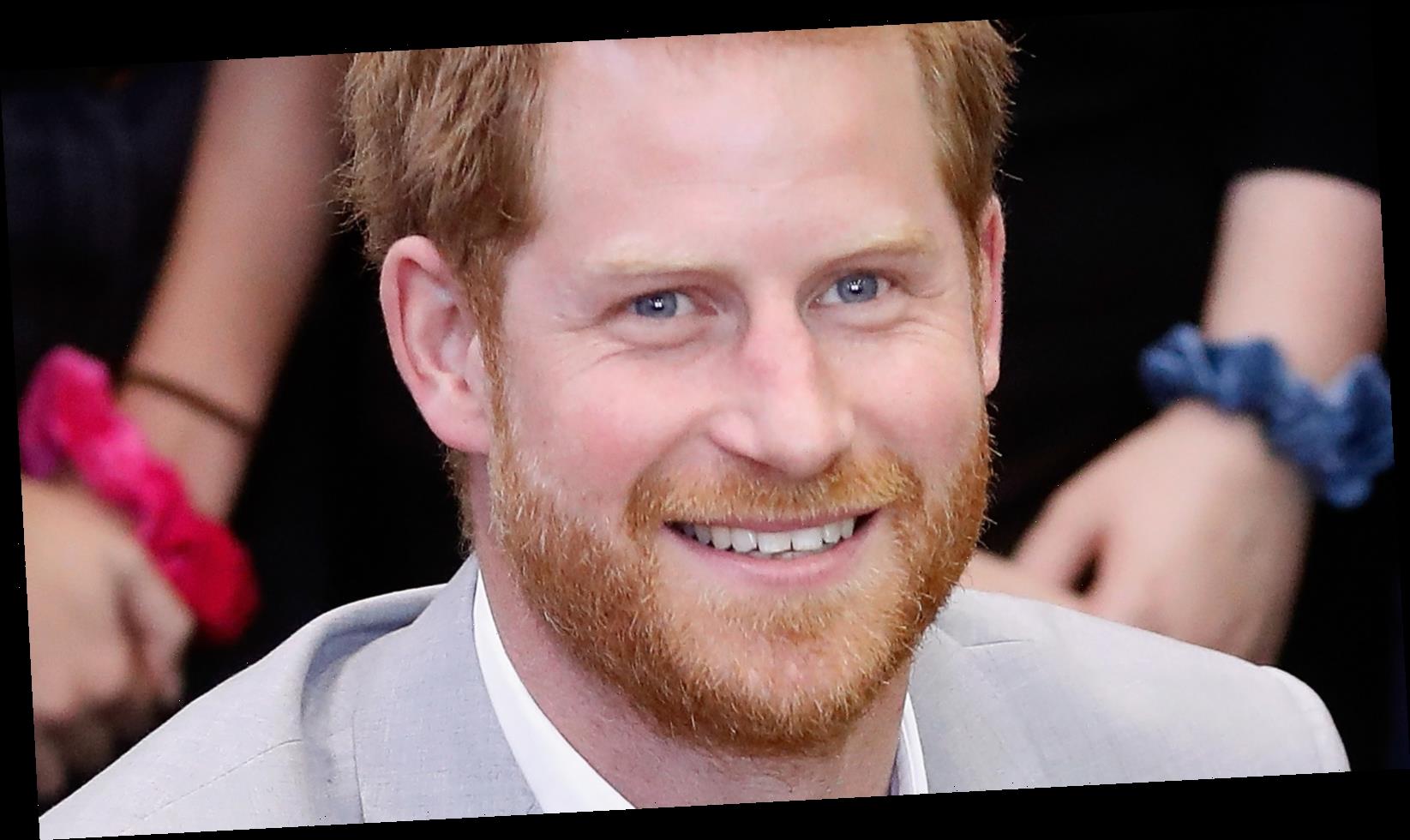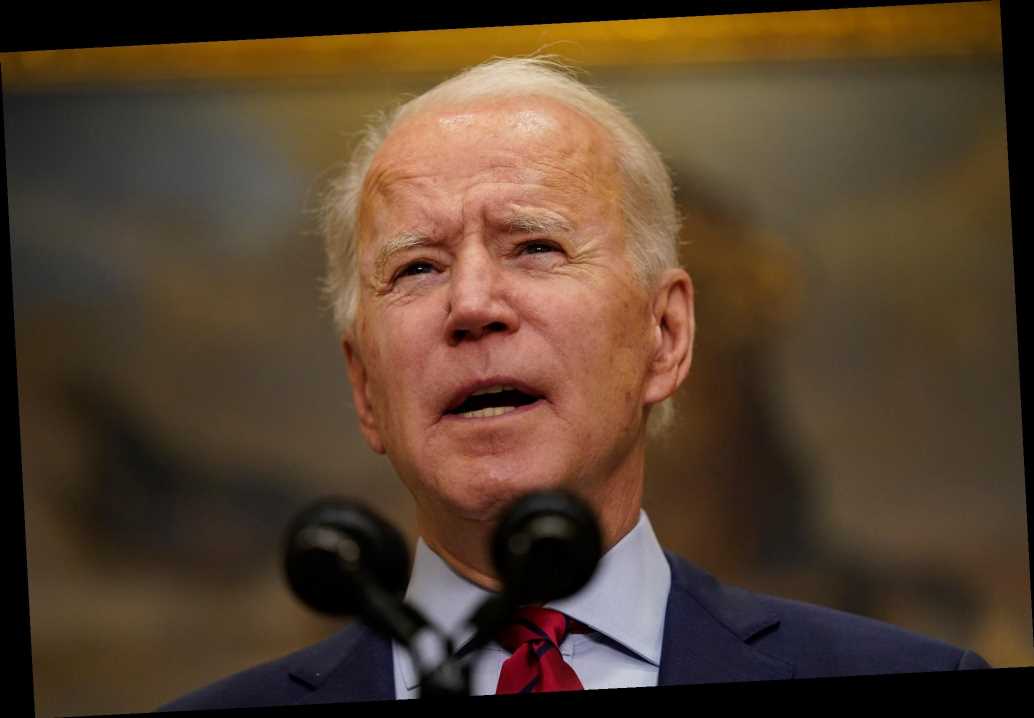London: The World Health Organisation says the intense focus on a small number of blood clotting cases that caused many European countries to suspend the rollout of AstraZeneca vaccinations against COVID-19 has undermined confidence in the jab.
No link has been established between blood clotting and the vaccine, and the AstraZeneca jab has been re-endorsed this week by Britain, the European Medicines Agency, and early on Saturday morning AEDT by the World Health Organisation.
At least 13 European countries stopped administering the AstraZeneca shot after reports of a small number of blood disorders.Credit:Alex Ellinghausen
“The AstraZeneca COVID-19 vaccine … continues to have a positive benefit-risk profile, with tremendous potential to prevent infections and reduce deaths across the world,” WHO’s global advisory committee on vaccine safety said.
The committee made its findings based on data in Europe and India where more than 47 million doses have been administered.
“We urge countries to continue using this important COVID-19 vaccine,” WHO Director-General Tedros Adhanom Ghebreyesus told a virtual news conference in Geneva.
At least 13 European countries stopped administering the shot after reports of a small number of blood disorders.
France resumed inoculations using the AstraZeneca vaccine, but said it should only be given to those aged over 55. That is despite France previously saying that the jab was not safe for anyone over 65, and then halting the rollout of the vaccine altogether over clotting fears.
Germany and Italy also resumed vaccinations and Ireland said it would restart its rollout in the coming days.
German Chancellor Angela Merkel said her motto was now “vaccinate, vaccinate, vaccinate” and, in a reversal of her previous position, said: “I would get vaccinated with AstraZeneca.” Italy’s Prime Minister Mario Draghi also said he would take take the AstraZeneca shot.
Prime Minister Boris Johnson receives the AstraZeneca vaccine on Friday.Credit:AP
Unlike Australian Prime Minister Scott Morrison, Johnson waited until the dose was offered to his age group. Morrison has justified putting himself first in line to encourage take-up among the public.
Britain’s supply of vaccines is set to fall in April because of a delay in shipments from India. Johnson has refused to criticise India for the delay, unlike the furious war of words between Westminster and Brussels after the European Union threatened to block exports, citing a shortfall of doses for its own COVID-ravaged countries.
Italy, backed by the European Commission, blocked the export of nearly a quarter of a million doses to Australia. Morrison said the decision had meant Australia was unable to send vaccines to Papua New Guinea, which is experiencing a severe COVID-19 outbreak.
He wrote to Ursula Von der Leyen, the president of the European Commission, on Wednesday, and said on Friday he had still not received a response.
The commission confirmed the receipt of the letter and a spokeswoman said a reply would be sent “in due time”.
Foreign Minister Marise Payne and Greg Hunt have also written to their counterparts and not received a response.
What in the World
A note direct from our foreign correspondents about what’s making headlines around the world. Sign up for our weekly newsletter here.
Most Viewed in World
From our partners
Source: Read Full Article




